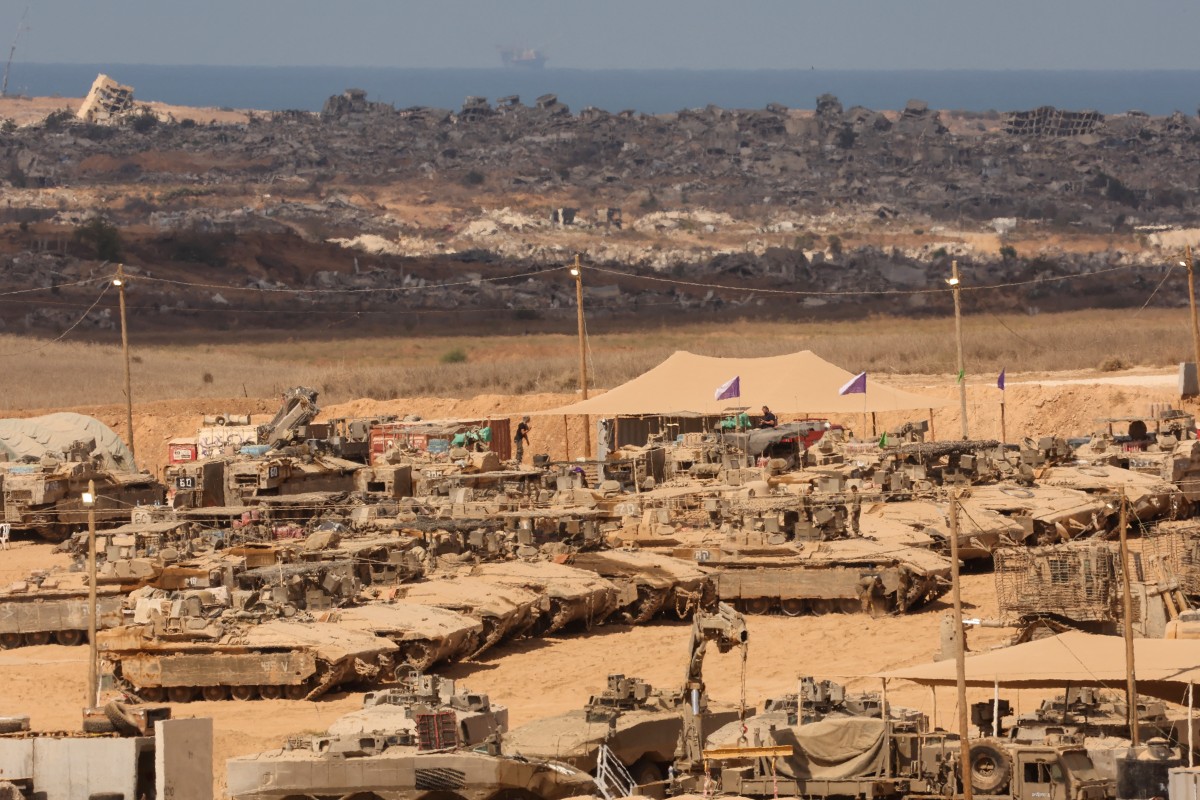
JERUSALEM/GAZA/ANKARA/SANAA - Israeli Prime Minister Benjamin Netanyahu said on Friday that Israeli forces will remain in the Gaza Strip to maintain pressure on Hamas until the group disarms and the enclave is demilitarized.
In a televised address a day after his government approved a ceasefire and hostage release deal with Hamas, Netanyahu said the Israeli military "remains deep inside the strip and holds all the positions that control it".
"In this way, we are encircling Hamas from every direction ahead of the next stages of the plan, in which Hamas will be disarmed and Gaza demilitarized," he said. "If this is achieved the easy way - that will be good. If not, it will be achieved the hard way."
He said that 20 living hostages and 28 bodies would be released in the coming days.
According to Hamas, the bodies of the deceased may be handed over later than those of the living.
Under the agreement, the Israeli army will halt fighting and partially withdraw from the Gaza Strip, while Hamas will release all remaining detainees in exchange for Israel freeing more than 2,000 Palestinian detainees.
ALSO READ: International community welcomes 'first phase' of Gaza truce
The agreement also stipulates that trucks with food and medical supplies will be allowed into Gaza to provide relief for about 2 million residents, most of whom have been displaced several times by Israeli airstrikes.
Two years of Israeli strikes have left Gaza in ruins, caused famine, and killed more than 67,000 people, according to the Gaza health authorities.
Hamas security forces to be deployed
Meanwhile, the Hamas-run interior authority said that it will begin deploying its security forces in areas of the Gaza Strip from which the Israeli army withdraws after the ceasefire agreement comes into effect.
In a press statement, the authority said the deployment aims to restore public order and address the chaos left by the two-year conflict, which caused heavy casualties and widespread destruction across the Gaza Strip.
It added that the security forces will work to restore security and stability, urging residents to cooperate with the security personnel and adhere to safety instructions.
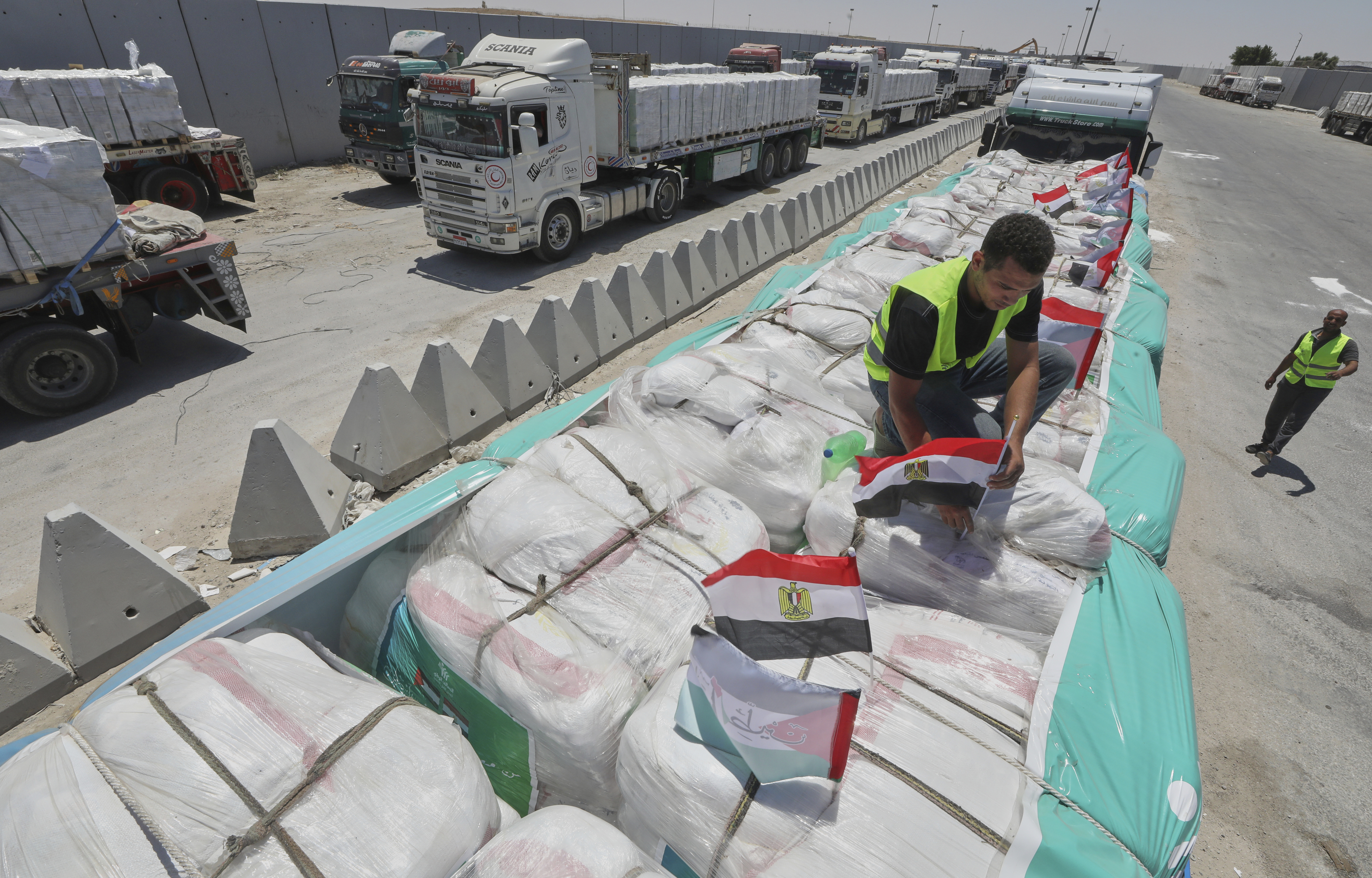
Rafah crossing to reopen
Mediators have informed Hamas that the Rafah border crossing between Gaza and Egypt will reopen in both directions next week, the group said on Friday.
A Hamas source told the group's Al-Aqsa TV that the crossing is expected to reopen in the middle of next week to allow movement of people in and out of the enclave, though no details were provided on operations or which travelers would be allowed through.
Mediators also said humanitarian aid and essential supplies, including fuel and gas, would begin entering Gaza freely from Saturday, the source said, adding that talks were under way to restore electricity in the territory of more than 2 million people.
ALSO READ: Israeli army: Ceasefire agreement comes into effect in Gaza
Following the truce, about 200,000 Palestinians returned to northern Gaza, said Mahmud Bassal, spokesman for the Hamas-run Civil Defense Agency. He said displaced residents began moving north as Israeli forces pulled back from several areas, and that humanitarian teams were helping families and reopening main roads.
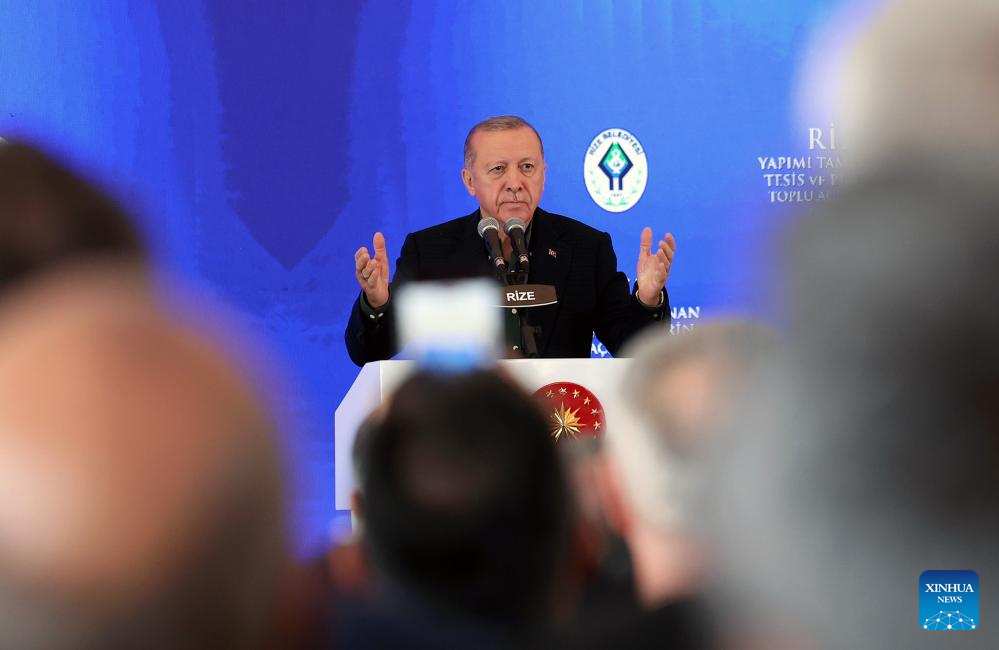
Israel warned against breaking ceasefire promises
Also on Friday, Turkish President Recep Tayyip Erdogan said it is necessary to prevent Israel from breaking the Gaza ceasefire promises as he welcomed the agreement signed in Egypt between Israel and Hamas.
"The agreement was signed and the road to a lasting peace in Gaza was opened," Erdogan said at a ceremony inaugurating new projects in the Black Sea province of Rize, adding that "what matters most now is ensuring that the agreement is implemented to the letter."
He said Turkiye would actively contribute to the implementation process. "We will quickly deliver the humanitarian aid on our ships waiting in Egypt's El-Arish port to Gaza."
He accused Israel of breaking previous ceasefire promises, warning that "a return to a genocidal environment would be very costly."
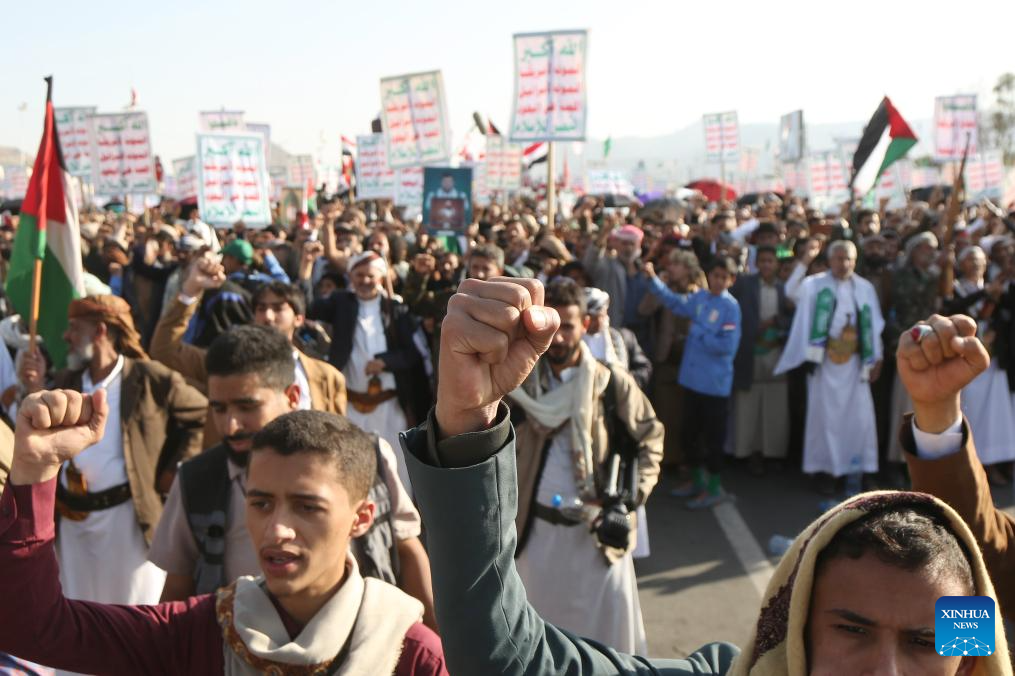
'Gaza truce a Hamas victory'
In Yemen, thousands of supporters of the Houthi group rallied in the capital, Sanaa, to celebrate a cease-fire between Israel and Hamas, calling it "a victory for Palestinians".
A statement read at the rally and broadcast on the Houthi-run Al-Masirah TV described the cease-fire as a win for Hamas, while warning the group would "remain on high alert should Israel violate the agreement".
Houthi leader Abdulmalik al-Houthi later appeared on Al-Masirah praising Hezbollah and Iran for supporting the Palestinian cause. He said the Houthis have taken on a larger role in resisting "US and Israeli influence" and claimed the group had launched 1,835 missiles and drones at Israeli cities and Israel-linked ships in the Red Sea since the conflict began two years ago.
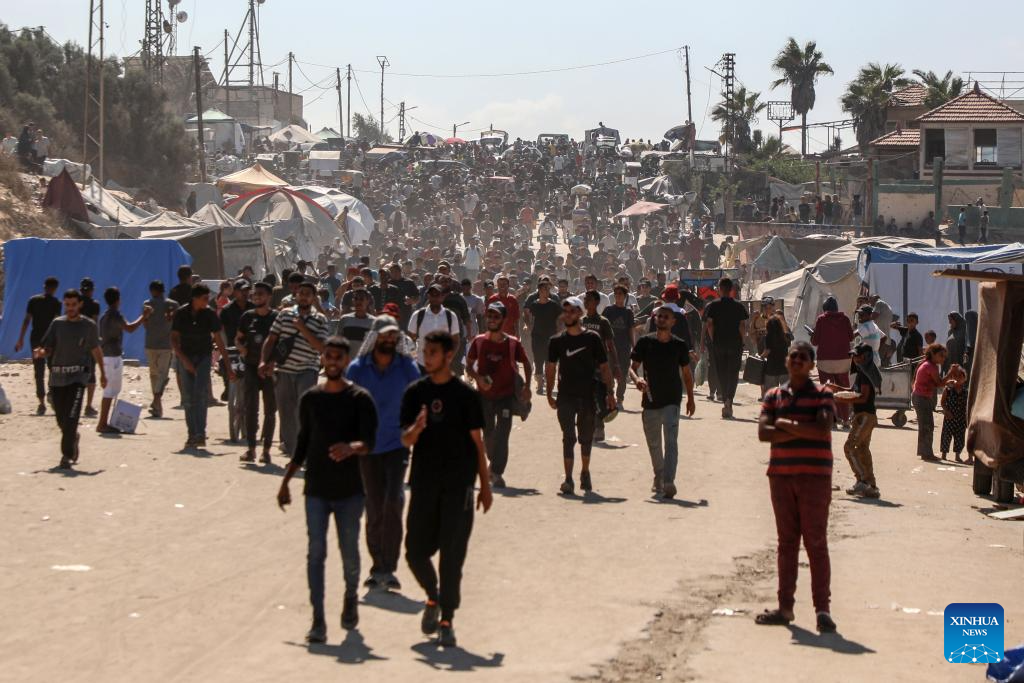
Displaced Palestinians returning to northern Gaza
Displaced Palestinians have begun returning from the southern part of the Gaza Strip to the north after the Israeli army announced that civilians are permitted to move through the coastal Rashid Road and Salah al-Din Road, local sources said on Friday.
Local security sources and eyewitnesses reported that shelling and gunfire stopped completely across the Gaza Strip as the ceasefire took effect. A cautious calm prevailed over Gaza City, the central region, Khan Younis, and Rafah for the first time in months.
Thousands of displaced Palestinians were seen walking or driving north along the coastal Rashid Road, which reopened to traffic following the withdrawal of Israeli military vehicles from the area. Heavy movement was also reported along Salah al-Din Road as more families began to return to their homes in northern Gaza.
In a message to Gaza's residents, Israel Defense Forces spokesperson Avichay Adraee said Israeli troops would remain deployed in specific areas inside the Gaza Strip and warned civilians against approaching military sites "until further notice".
ALSO READ: Thousands of displaced Palestinians return to northern Gaza
He cautioned civilians to avoid Beit Hanoun, Beit Lahia, and al-Shuja'iyya in the north, as well as Rafah and the Philadelphi Corridor in the south, describing them as high-risk areas.
Direct losses exceed $70 billion
Separately, the Hamas-run media office in Gaza said direct losses in vital sectors of the Gaza Strip have exceeded $70 billion after two years of Israeli military operations
Ismail al-Thawabta, director of the media office, told a press conference that the conflict has resulted in extensive damage to civilian infrastructure, as well as to the health, education, housing, and public service sectors.
In a separate statement, the media office called on residents to cooperate with local authorities and humanitarian organizations during the "recovery and reconstruction" phase, which would focuses on securing essential needs, including food, medicine, shelter, and public services.


